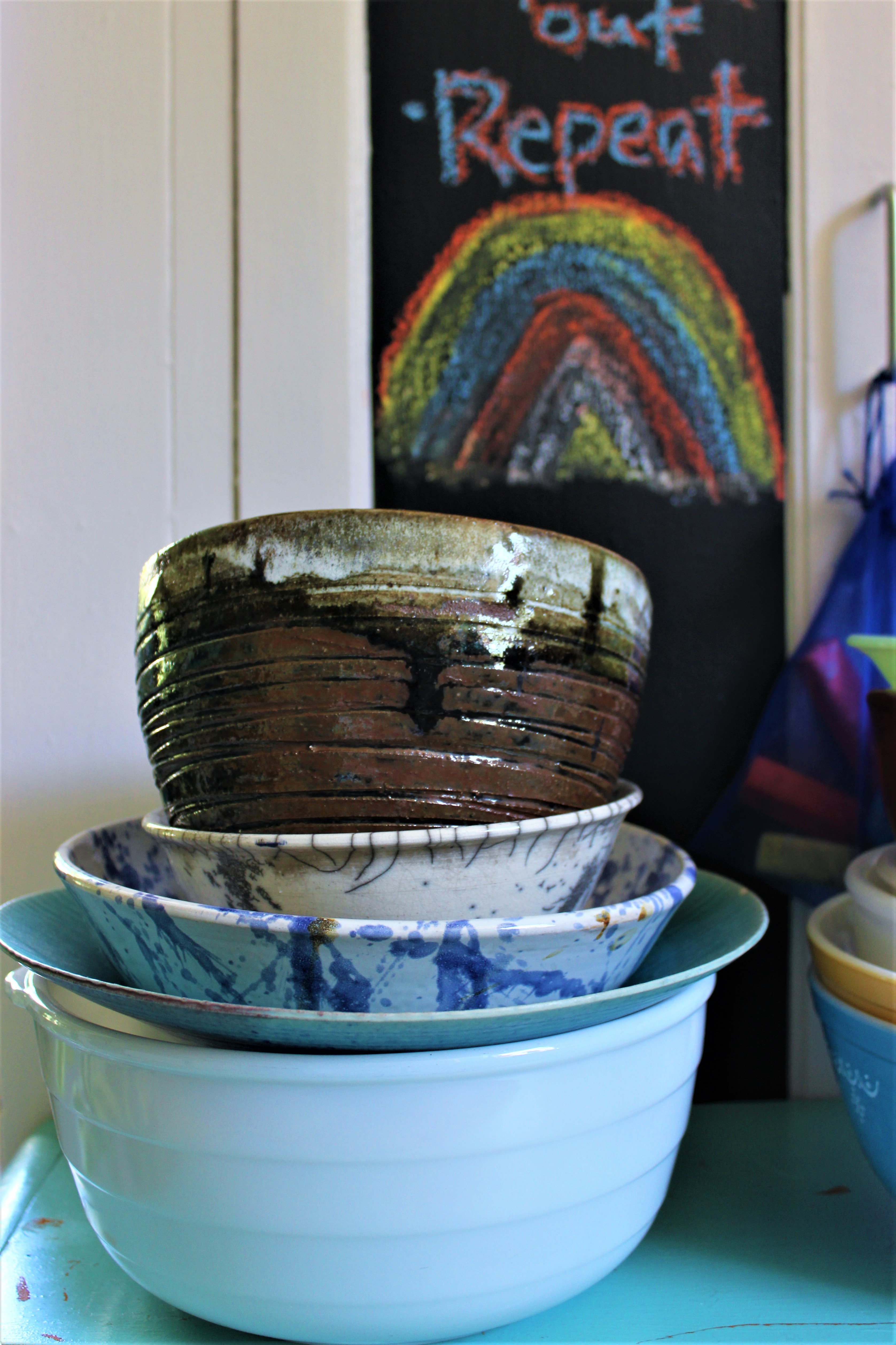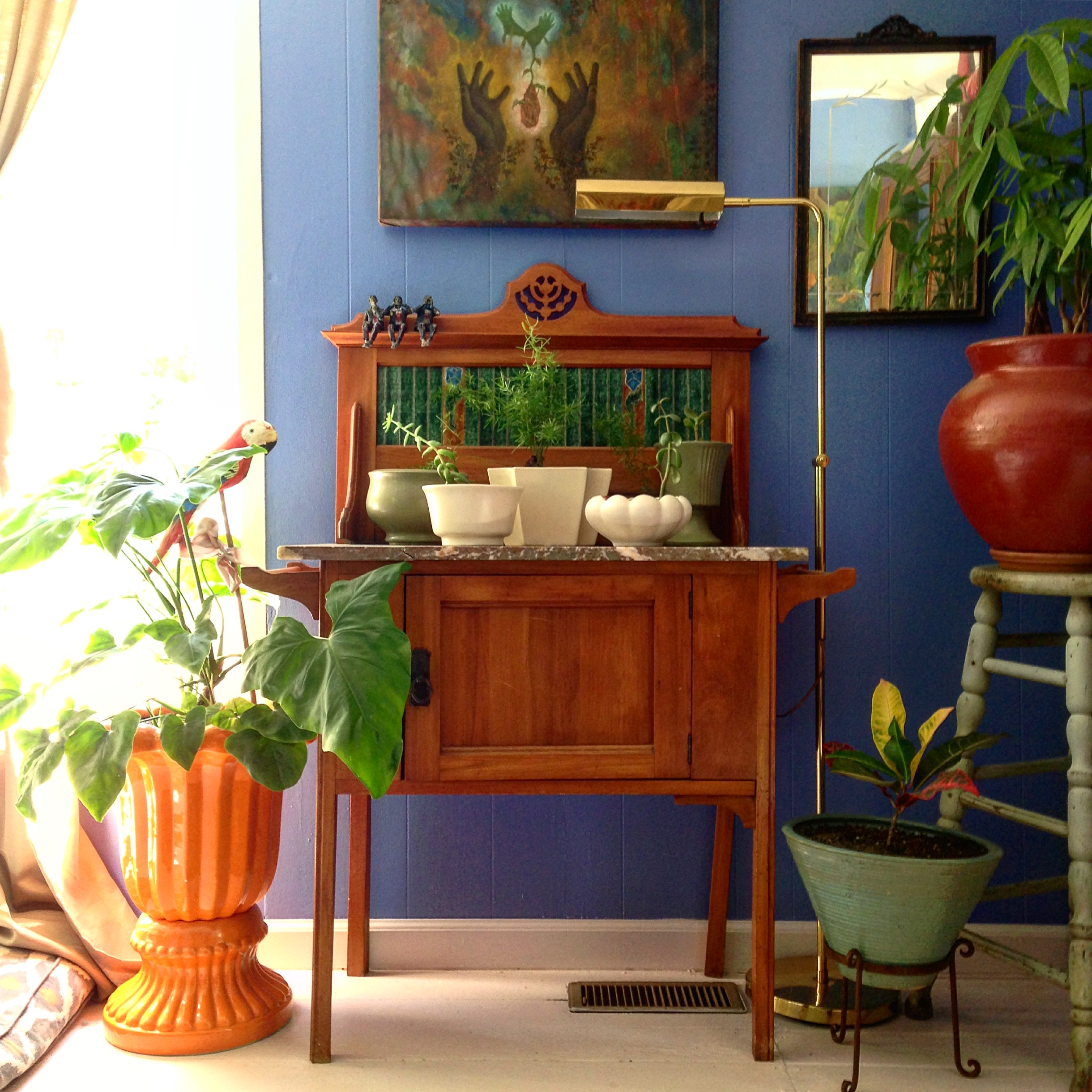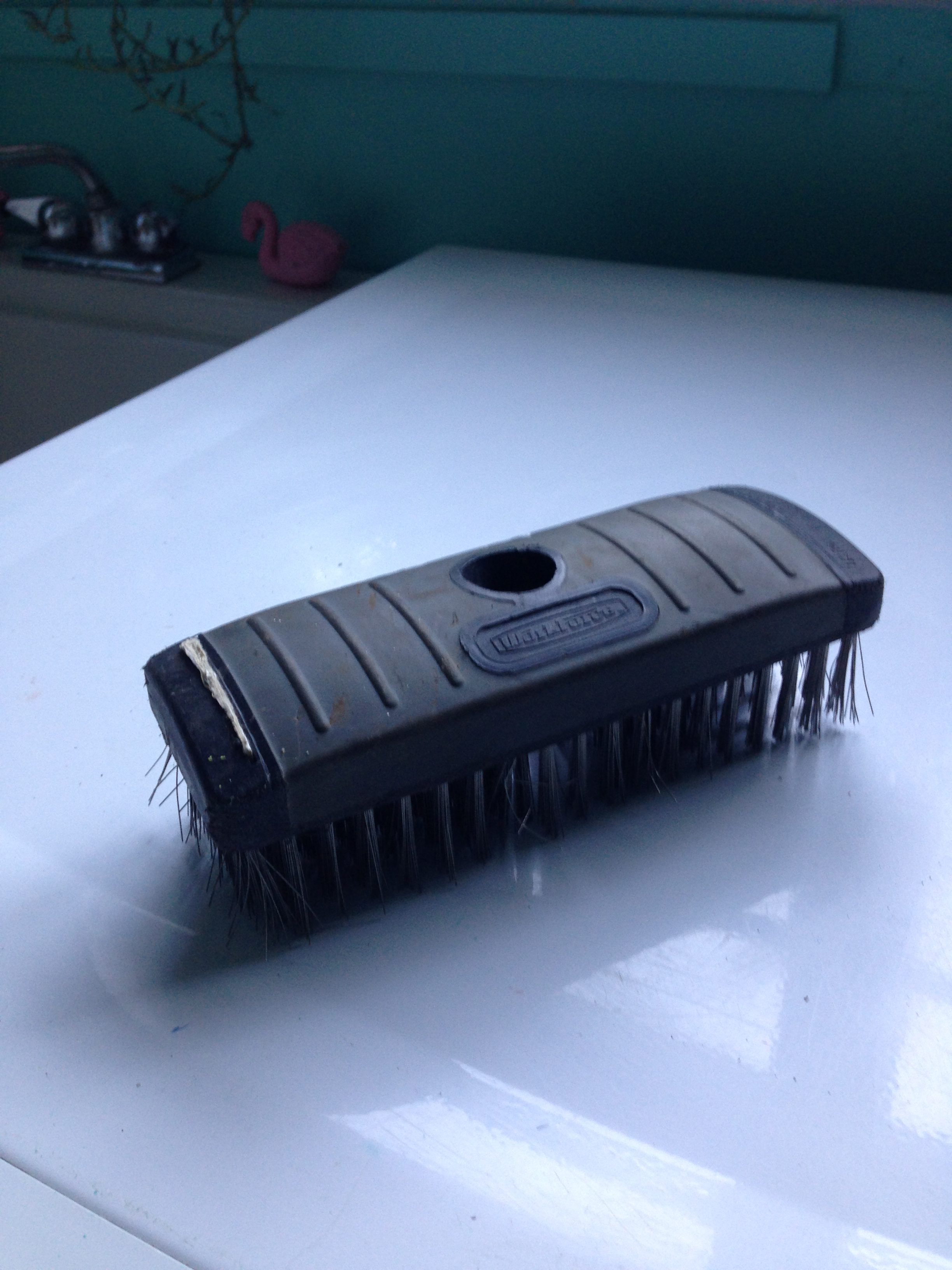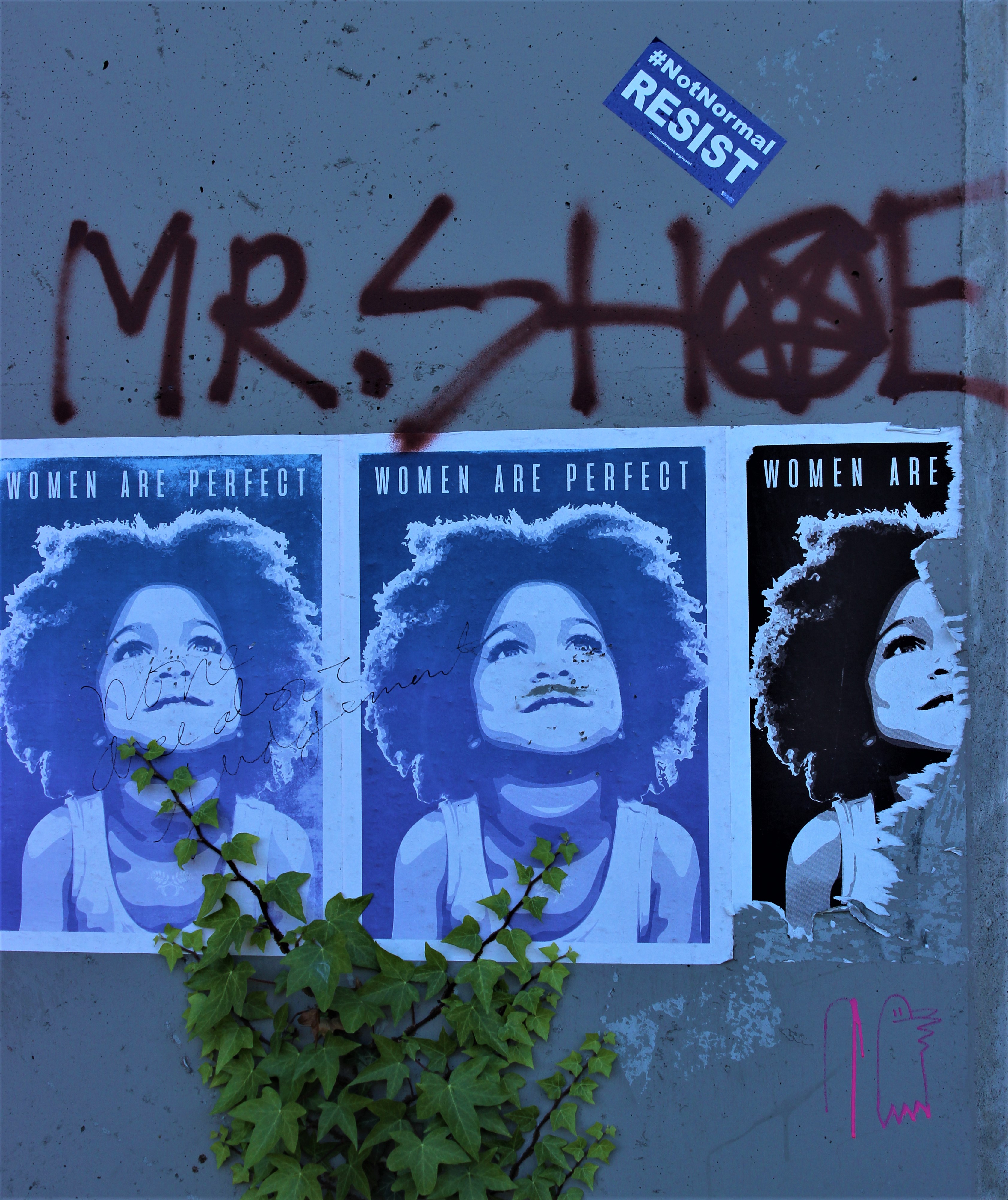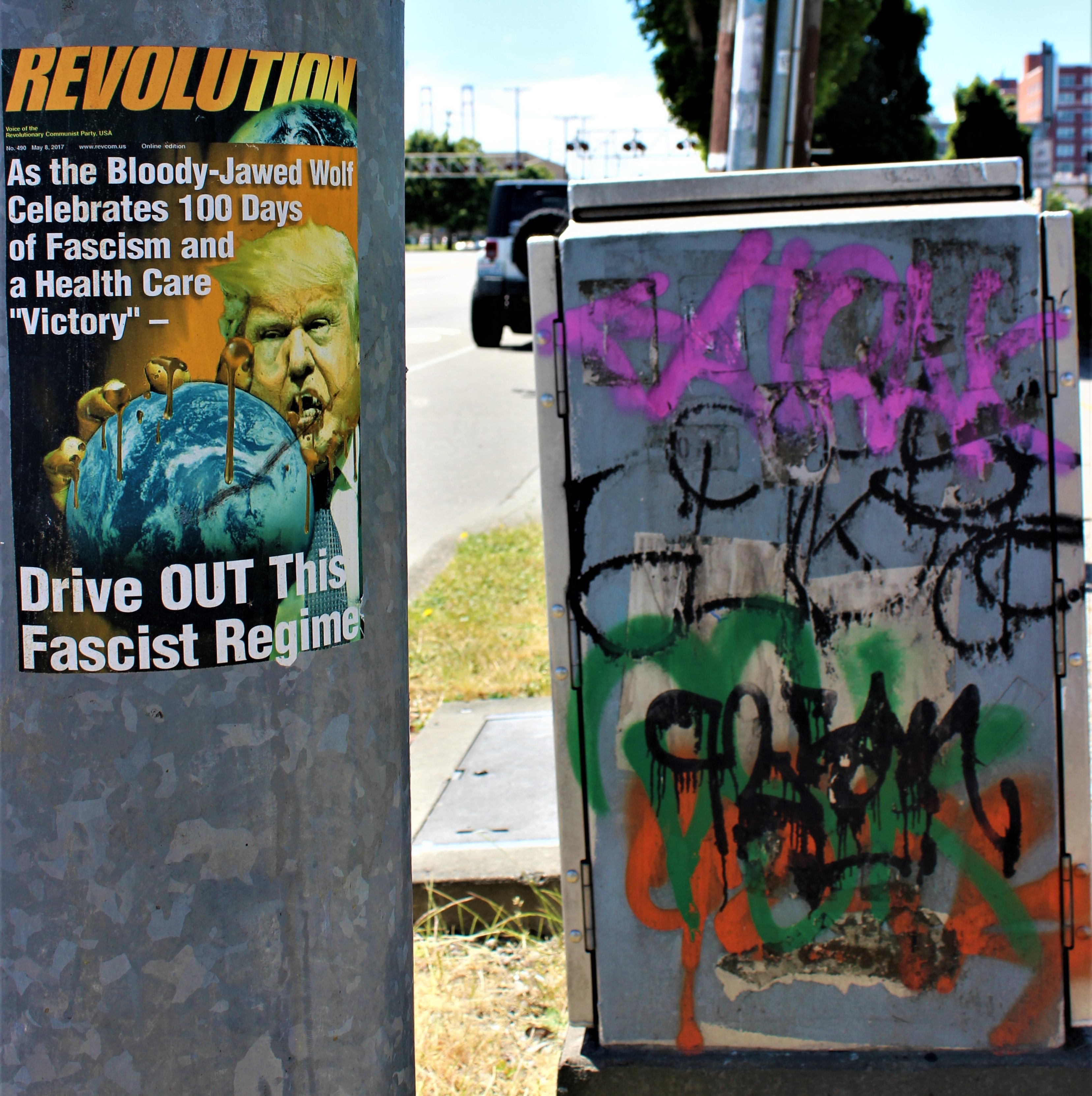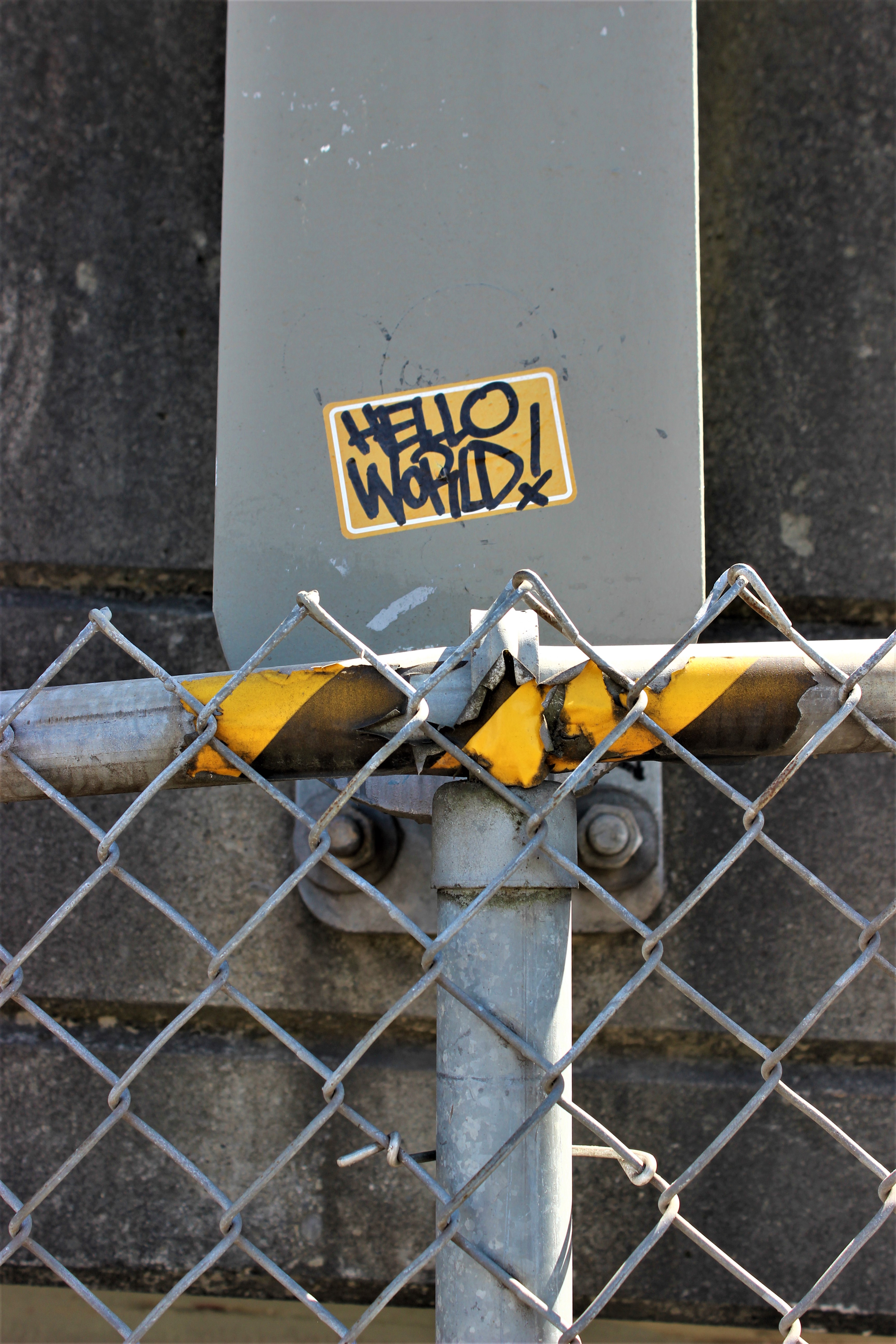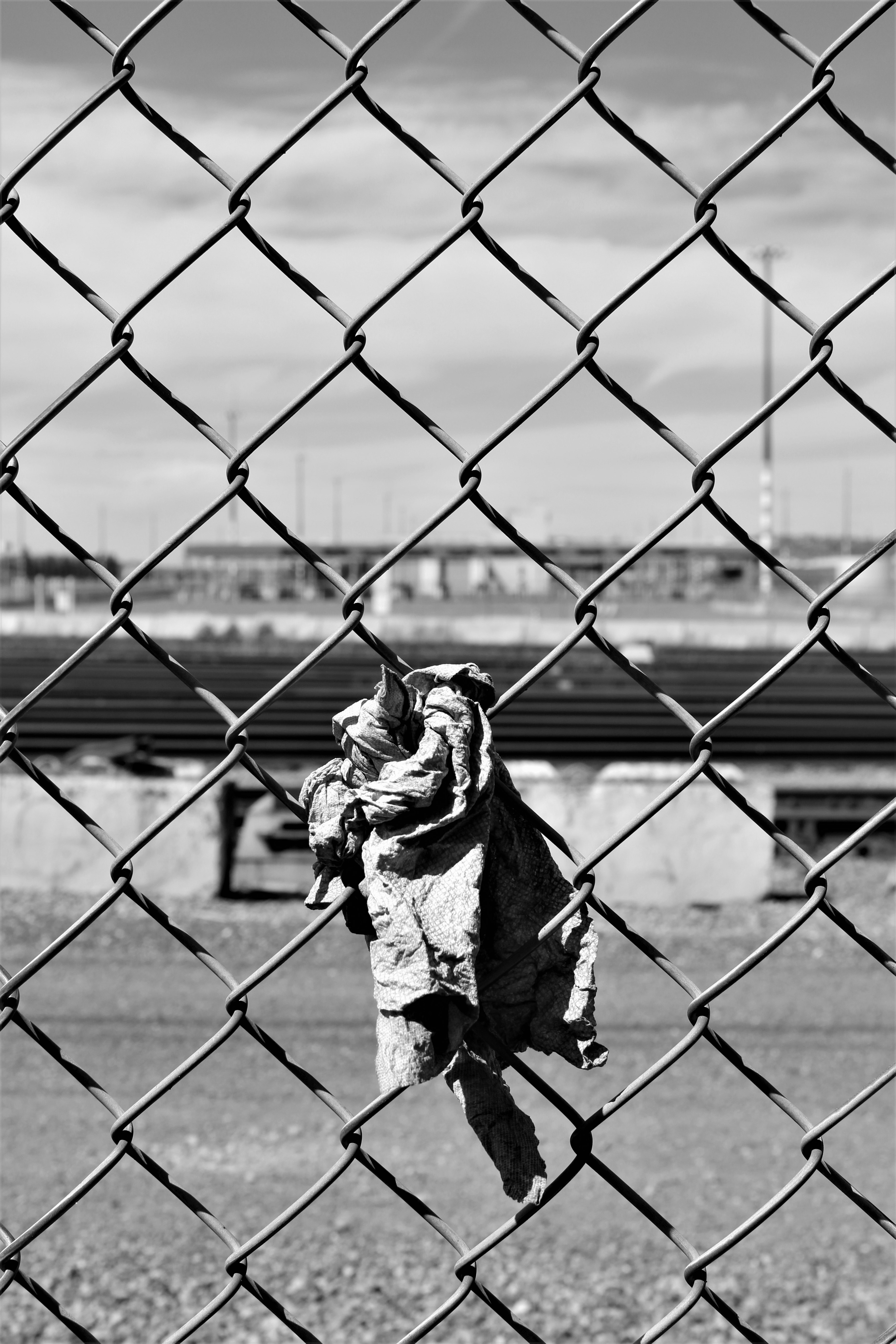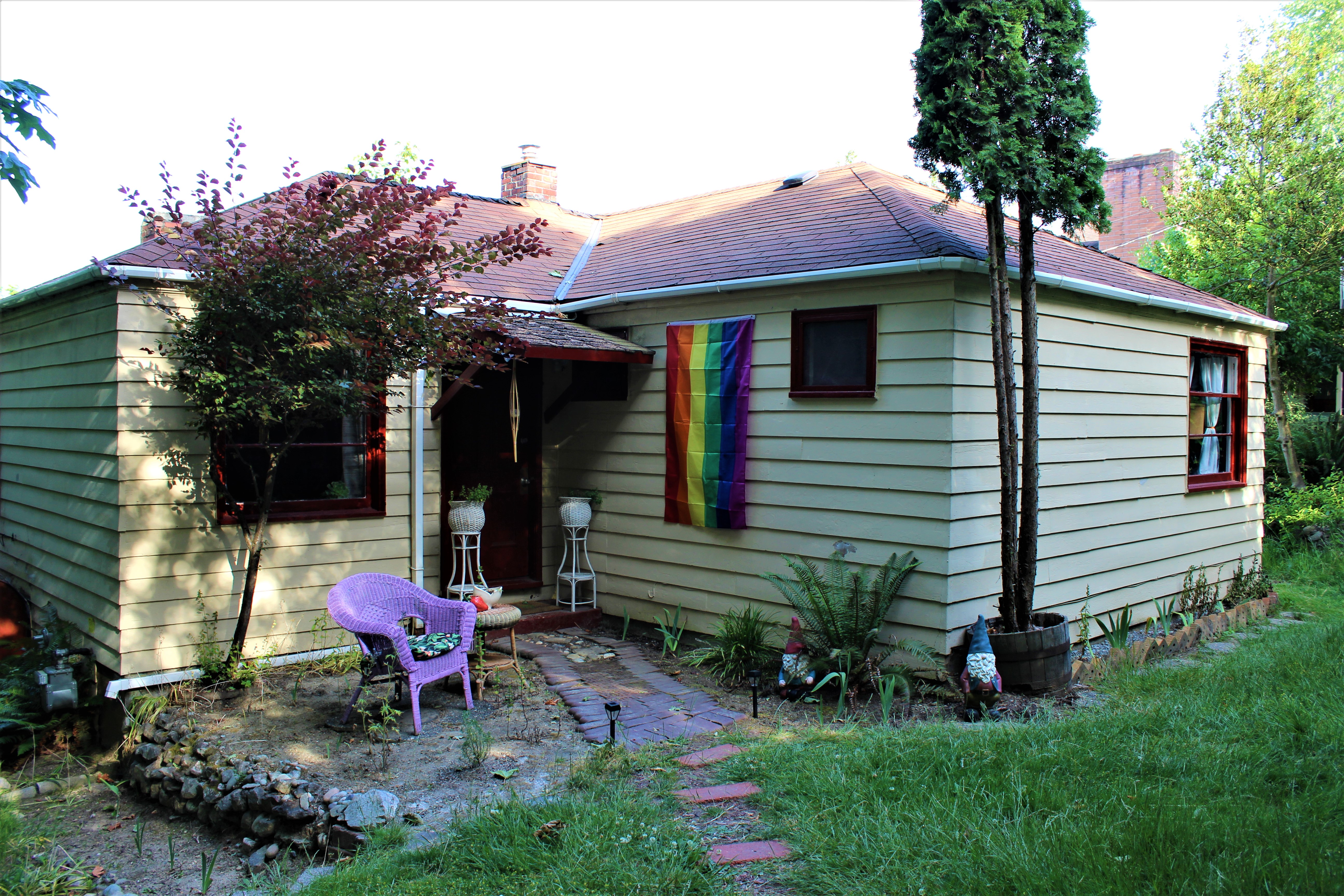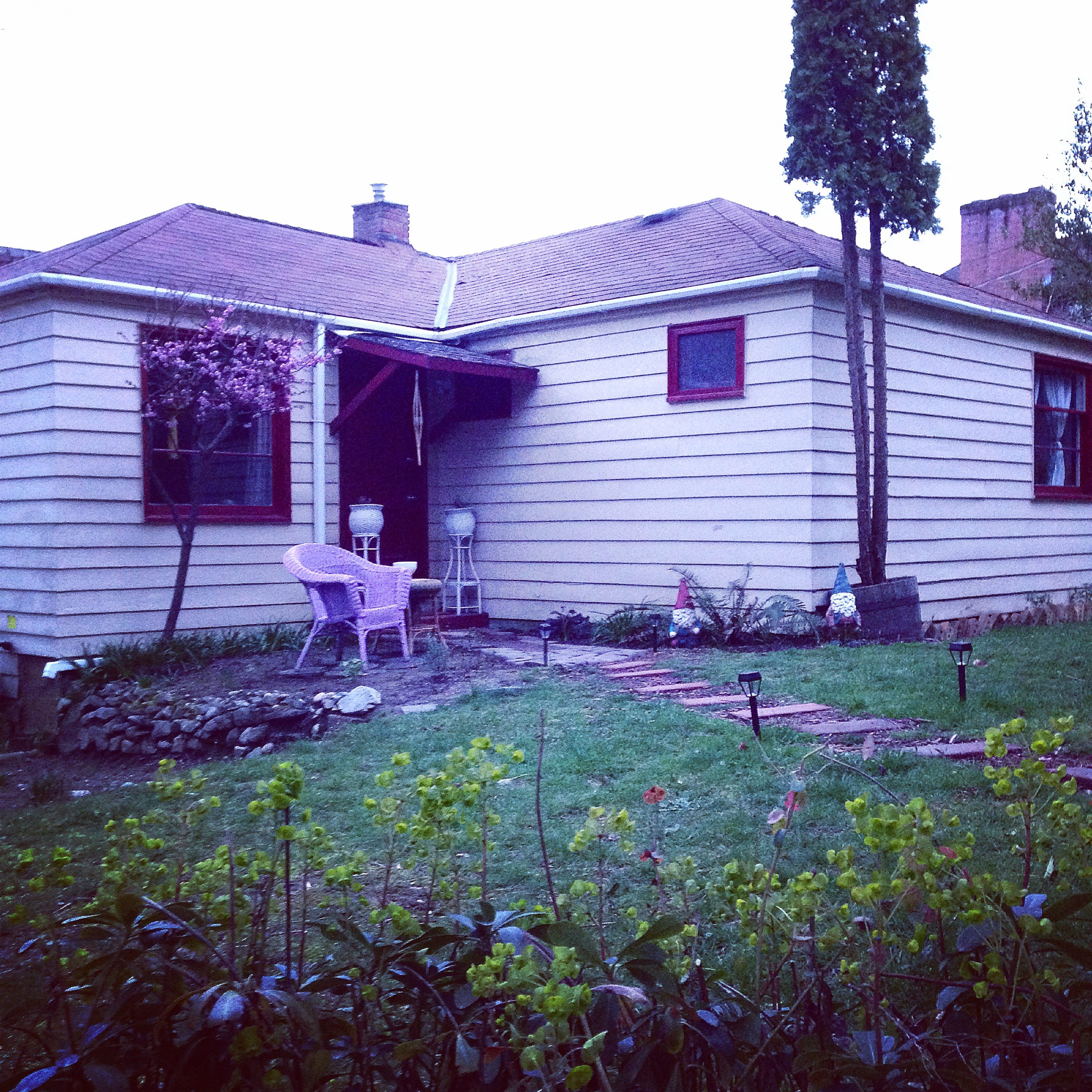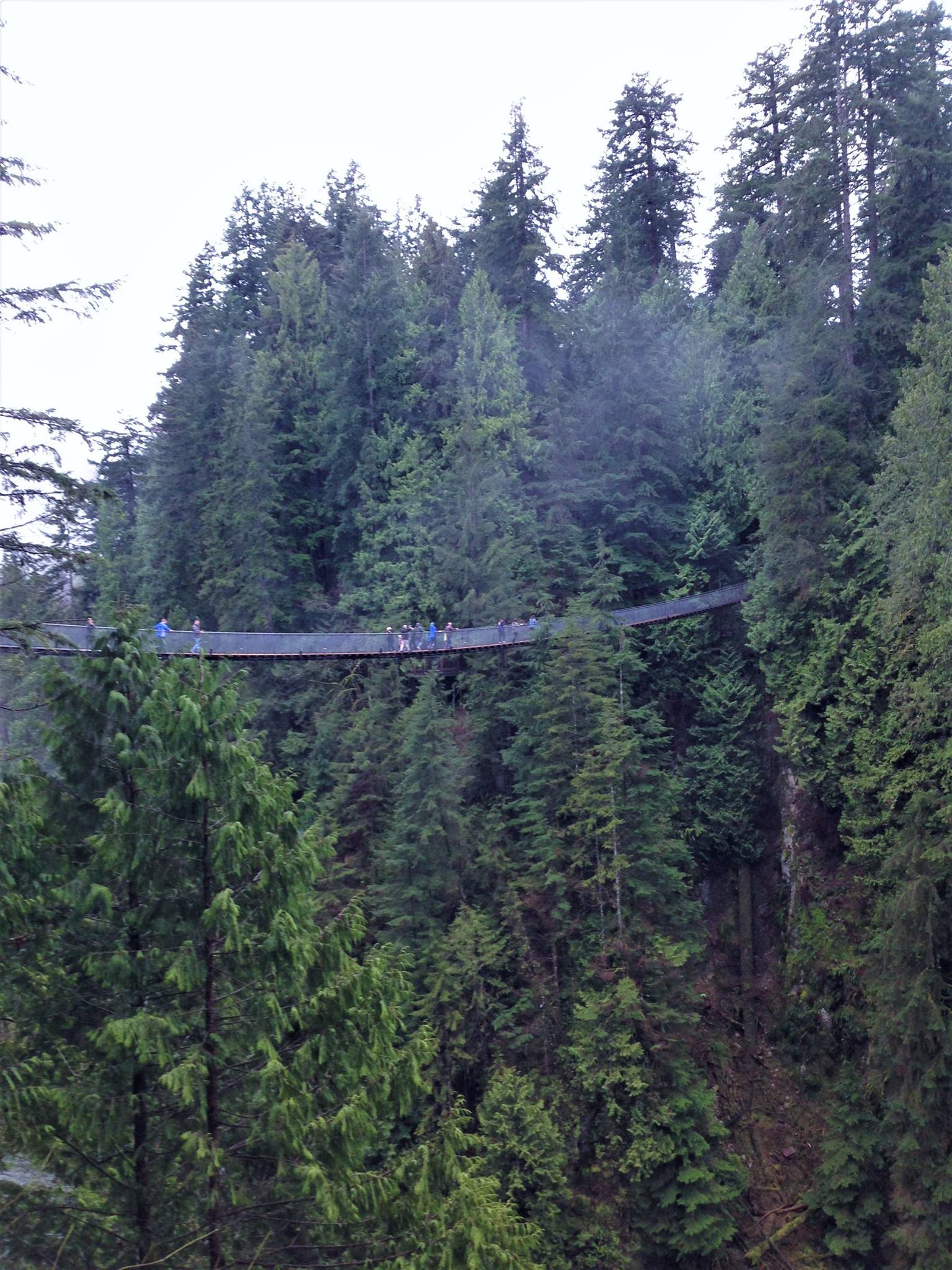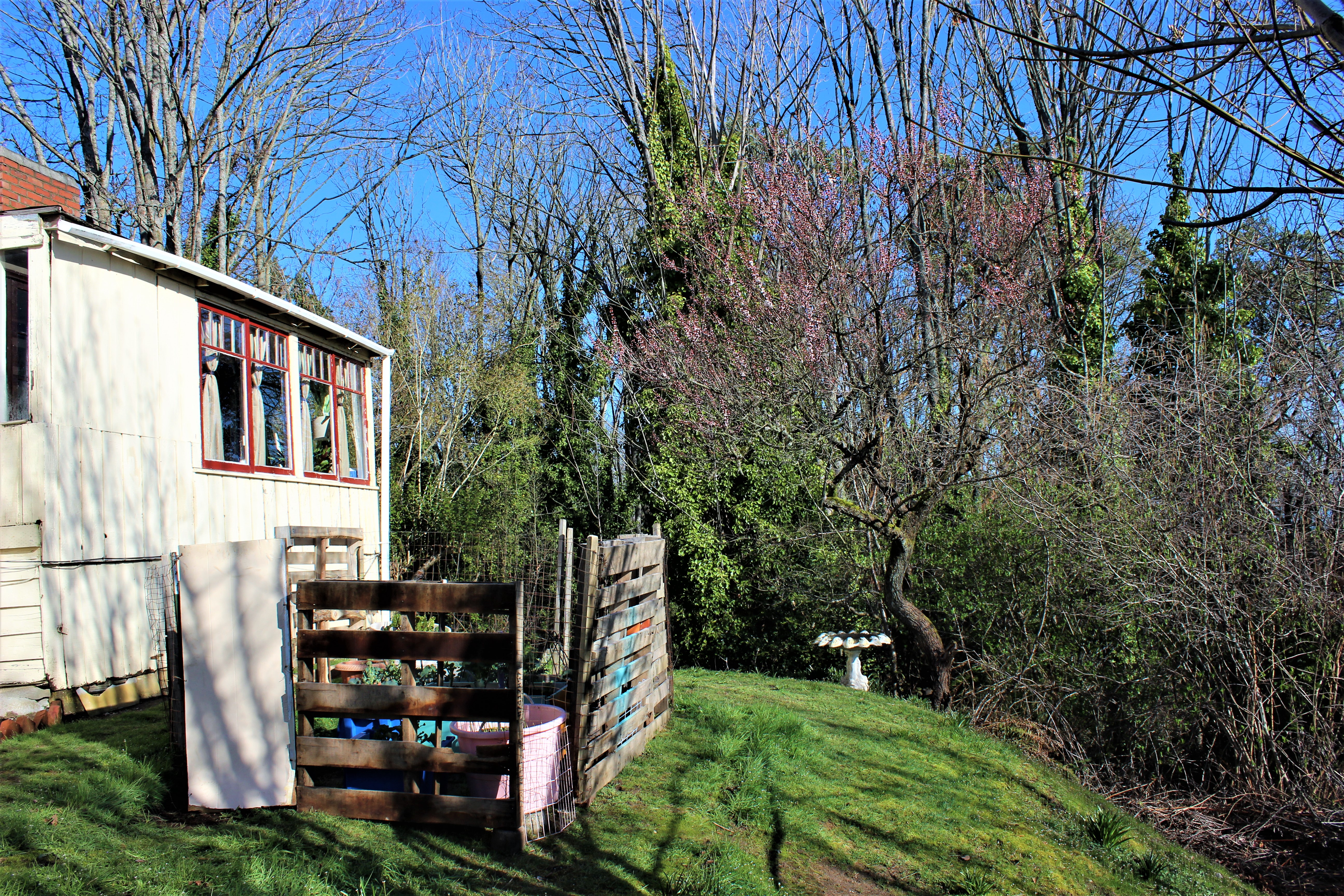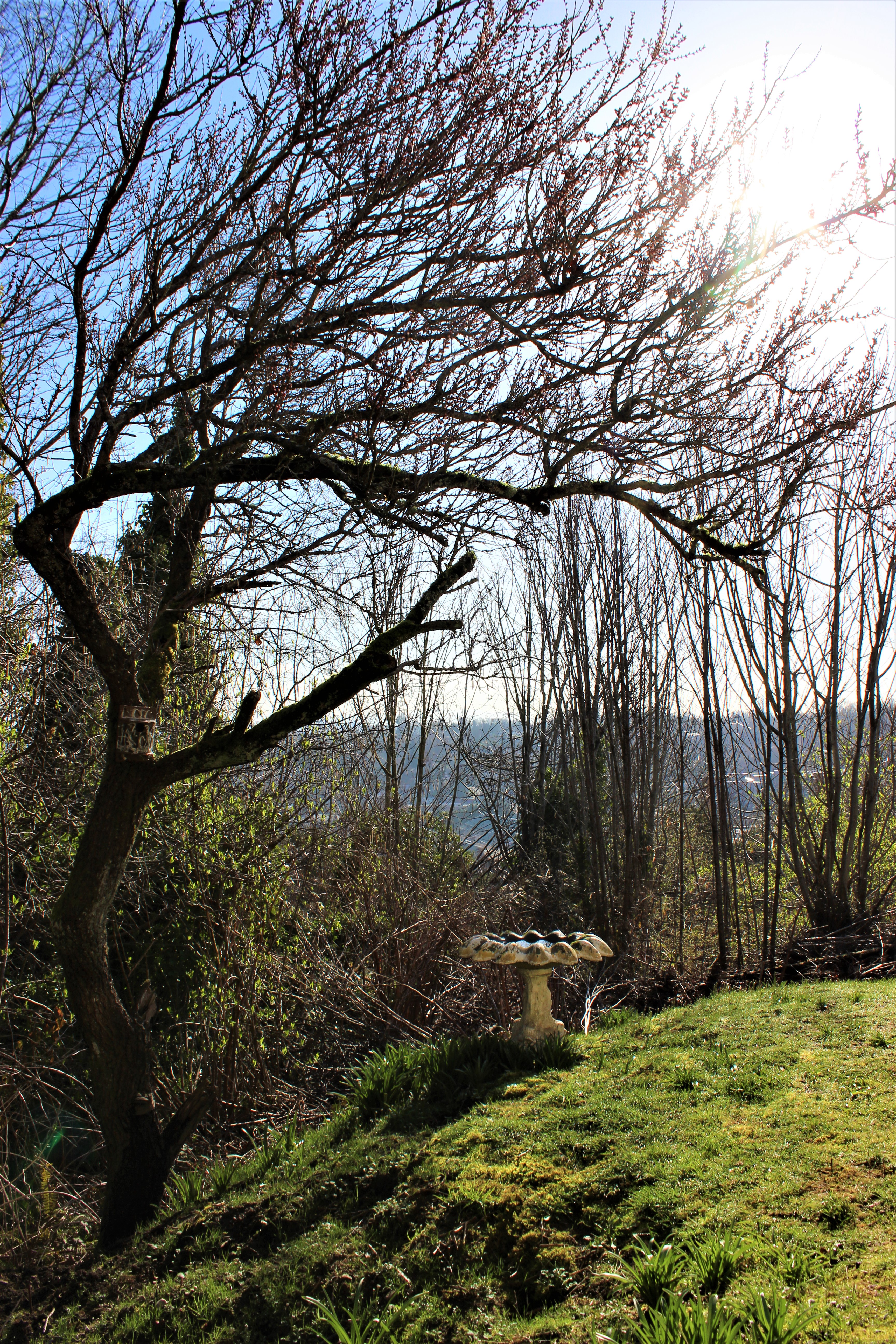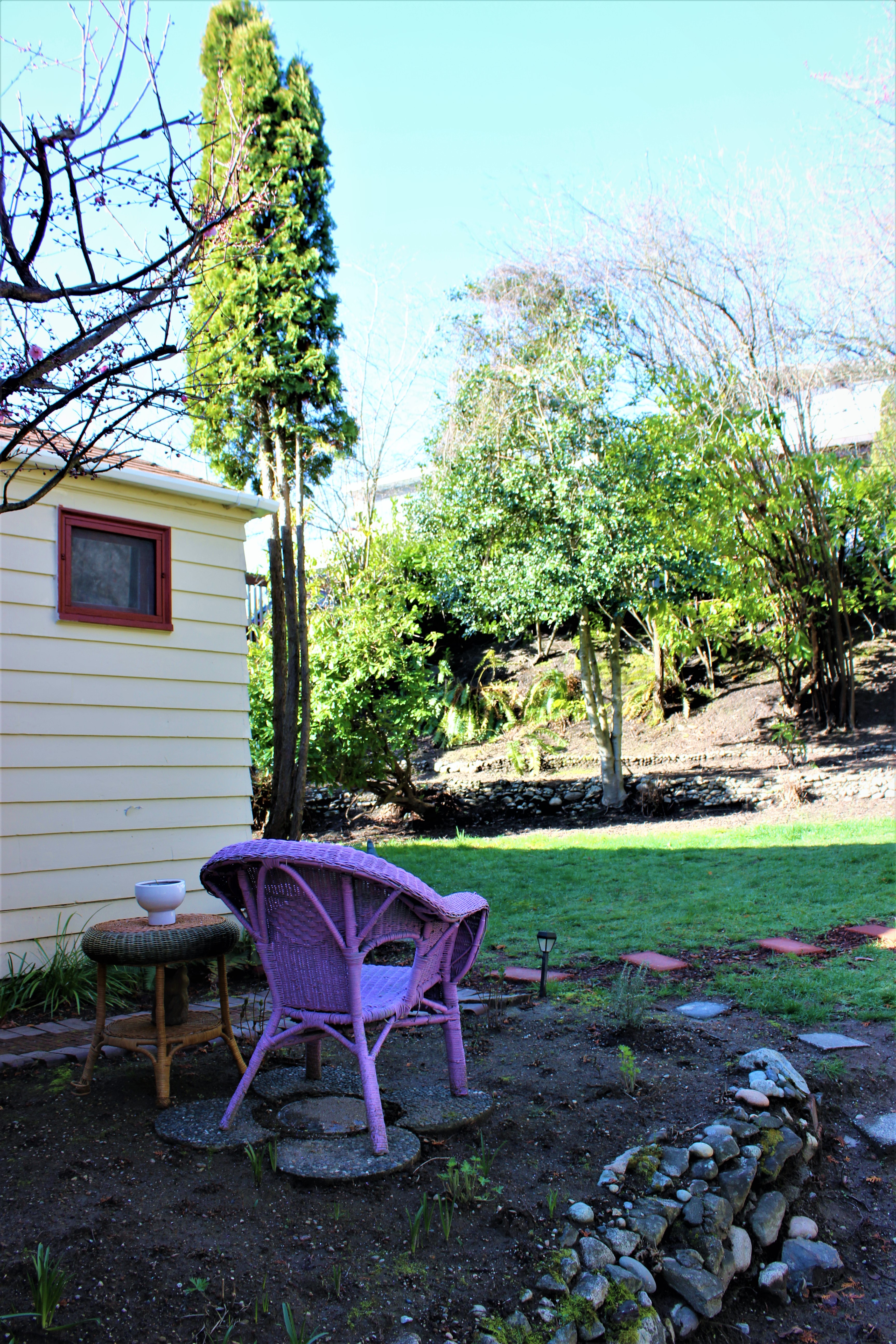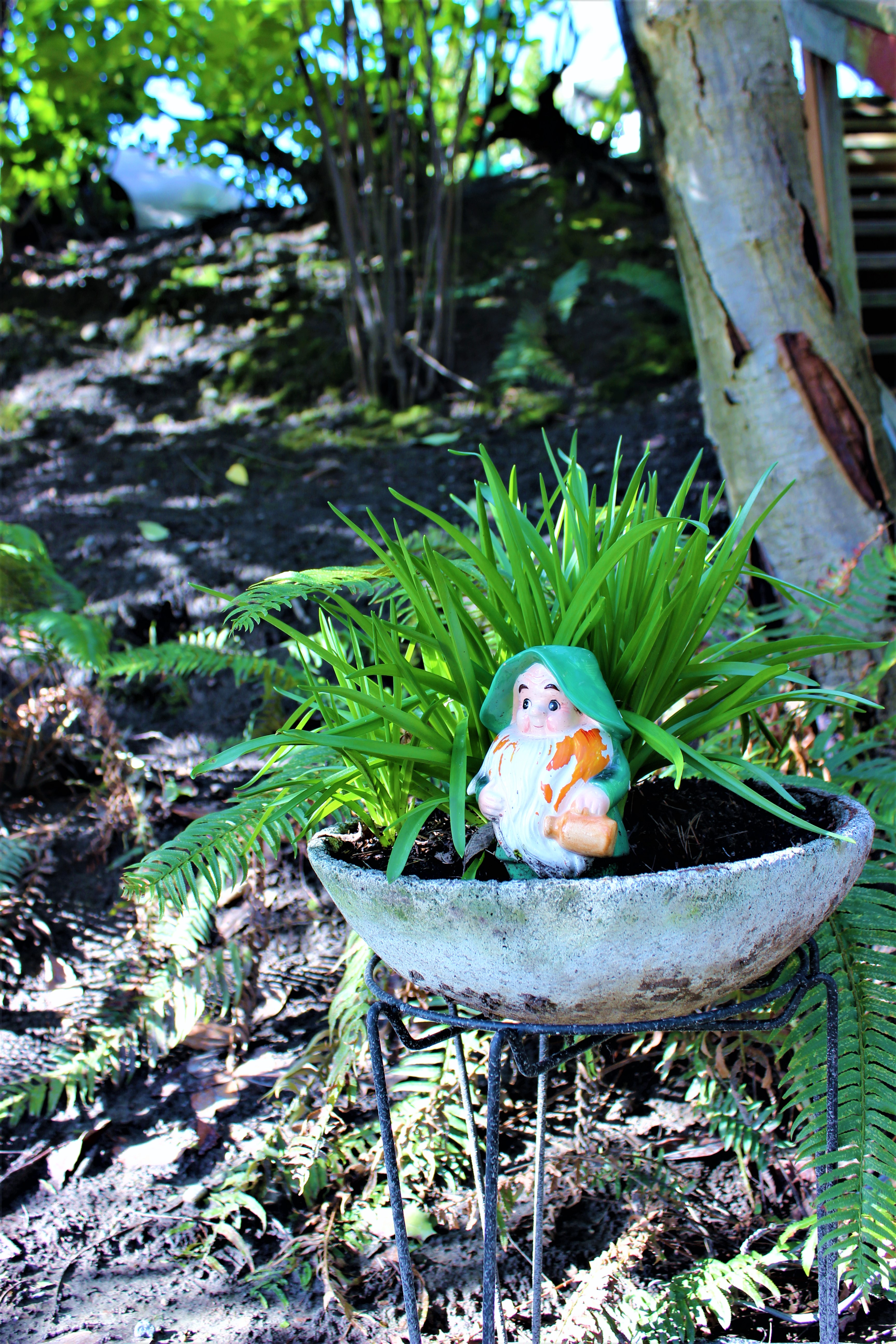Joanna stared up at me with her marble-like eyes as I folded my emergency contact list and shoved it into my pocket. I finished a duplicate sheet and put it on my kitchen counter, with directions and arrows pointing to Joanna’s food drawer.
Along with many others, I was going to counter-protest a nazi rally in the heart of downtown Seattle—and given the tragic events in Charlottesville, I wanted to leave a trail of breadcrumbs back to my anxious dog in case I didn’t return.
Part of my preparation was recognizing that my ability to anticipate potential violence was a privilege—one that people of color never have.
***
Walking to the bus, a young white woman noticed my sign and asked if there was a protest happening today. Her breath smelled of beer, and I answered that, yes, there was.
“You know, with all this shit going on, sometimes I just have to pull back, you know?”
She semi-slurred and I nodded.
While I, too, understand the importance of self care, I also recognize that a lot of white people default to that whenever there’s a call to action where their whiteness suddenly doesn’t buffer them as much. And there’re always strings of caveats and “I would but…” statements. But I’ve grown tired of comforting fellow white people. We should all be exhausted and uncomfortable. Because we should all be leveraging the privilege we possess to fight back.
On the bus, an older woman smiled at my shirt and sign, and I watched out the windows as droves of sports fans flooded toward large arenas. I stepped off the bus, recognizing that the nazi rally was a few blocks behind me at Westlake Park; the counter-protest was set to begin in Denny Park, and wind its way through downtown streets to Westlake.
I passed brunch-goers and tourists confused by the road closures, and spotted plenty of police congregating in bicycle groups. As I walked toward Denny Park, I glanced down momentarily and snapped my head back up when I heard a man’s voice outside an Indian restaurant I was passing.
“Give’em hell. Don’t let those bastards win!”
I looked up long enough to meet his gaze and smile, even though my face had been screwed up into a grimace all morning, thinking, We’re fighting nazis again. In 2017.
As I crossed the street, an older white couple stopped me.
“Is there a protest happening?”
“Yes. I’m headed to a counter-protest to the nazi rally happening over there in Westlake.” I motioned behind my back.
He leaned in, and she kept looking around—eyes wild, darting.
“It was really unnerving. We just saw these three guys wearing all this horrible stuff and Pepe shirts. It’s just terrible.”
I nodded, and said something along the lines of, “That’s why we all have to fight back.”
They appeared slightly surprised that I didn’t feed into the echo chamber of white privilege. I gave them a wave and turned, noticing them quickening pace as they headed up the street. I doubted they would’ve stopped me if I’d been black or brown.
At the park, the group began growing larger and larger. There was, of course, one person carrying a Russian flag, doing their best to garner attention for themselves. Anarchists congregated in a fairly large group, with each member wearing black bandanas. Over megaphones, organizers underscored the importance of being respectful. Signs with various messages were raised aloft as the chants started and we began marching. Looking around at the sea of faces—black and brown, trans* and queer, people with disabilities, elderly people, pastors and union workers—I was again reminded that intersectional solidarity is crucial in this fight.
Several blocks in, after passing many streets cordoned off by bicycle police, we reached a relatively un-policed intersection, and began moving in the direction of Westlake.
Suddenly, police swooped in on their bikes and on foot, pepper spraying the closest marchers and sending everyone running. There was no apparent provocation—just a hair-trigger response to marchers moving down the road. People screamed at the white mist speckling their faces and others rushed to their aid, dousing their reddening faces with water. I couldn’t believe it was happening. And then the chants started.
“Cops and klan hand in hand!”
“Who are you protecting?!”
Slowly, we moved on. Many more blocks later, people began realizing we weren’t being allowed to reach Westlake. Two blocks away from it, we stopped at an intersection where more bicycle cops stood waiting. Folks flooded into the intersection and began sitting down in protest, at the behest of the organizers.
“Until they let us through, let’s hold the intersection!”
Chants began again as the police force grew behind their lines. Someone started spraying silly string near the police barricade; people began laughing. And then, it happened: police fired pepper spray and blast balls into the completely unarmed, peaceful crowd. People stampeded in my direction, and when I turned to run, someone slammed into me, pushing me into a barricade. Other people fell; others screamed from the spray. The air smelled of burned hair and smoke. My ears rang.
People hollered about civil rights and protection and that the police serve us. But in that moment, I recognized I was more afraid of the police than the nazis.
As people rebounded and stood back up, we filled the intersection again. About twenty minutes later, an organizer came over the loudspeaker and said that the nazis had left—and a chorus of cheers resounded down the street. Another organizer announced that we’d be backtracking to Denny Park in a show of continued solidarity. And then she added something that made my arm hair stand on-end.
“And whatever you do, stay together! We’re not going to let them pick us off one by one.”
I suddenly felt like the sickly gazelle in a National Geographic special. And what was more concerning was that I didn’t know if the predators to which she was referring were the police or the nazis. I shifted uncomfortably, and turned as an older woman—another organizer—came up to me, her brow furrowed.
“And just where is your buddy?”
“I don’t have one.”
“Well, find someone. We’re at our most vulnerable when we’re alone.”
She reversed course, motioning me back into the larger group as she did. As we wove our way back along our route, the police followed, occasionally showing force by using their bicycles as a makeshift wall and chanting something all their own as they prevented folks from going down side streets.
As we neared the park, I realized I was flanking a large, blocks-long version of the United States Constitution—which I learned had been created for the Women’s March. Someone called for help supporting it.
I stepped in, raising the heavy canvas just as someone yelled, “Don’t let it fall! Don’t let it touch the ground!”
As I literally helped support the semantic crux of American democracy and wiped sweat from my brow, I noticed my shirt and rainbow cape reeked of gunpowder from the blast balls.
Behind us, police stood in a line, batons in-hand, ready for engagement. On our sides, anarchists began castigating marchers for not facing down the nazis.
***
Dispersing from the park, I folded up my cape and shoved it into my back pocket. I stuck to main streets, and watched my back on the occasional side street. When I got to the bus stop, I reached into my back pocket for my wallet, and grazed my contacts list.
Unlike so many people of color who are murdered every single day by gun-toting racists and poorly trained police—Charleena Lyles, Desmond Phillips, Armound Brown, Rekia Boyd, Trayvon Martin, Tamir Rice, Michael Brown, Philando Castile…— and unlike Heather Heyer and Taliesin Myrddin Namkai Meche and Ricky John Best, I was able to return home.
This is America. In 2017. We cannot afford to lose any more ground.


